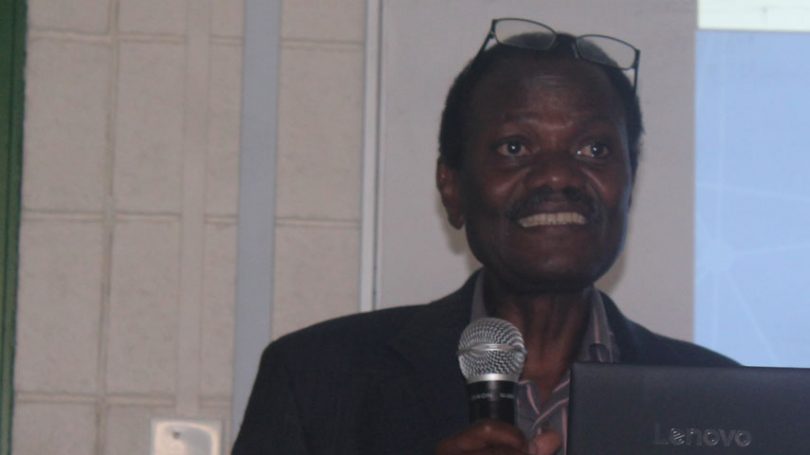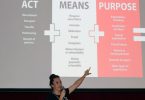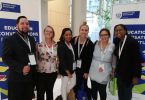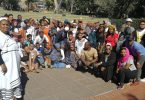The CPUT Language Policy and language practices fell under the spotlight at a recent language colloquium.
Held on the Cape Town Campus, the colloquium was hosted by the Faculty of Applied Sciences under the theme: Mediating the complexities of language in the case of Applied Sciences: education in mother tongue(s) or multilingual education?
The faculty’s Dean, Prof Olalekan Fatoki, welcomed the delegates to the event, which was planned to coincide with World Social Justice Day.
Fatoki said colonisation is the root cause of the linguistic inequalities as the colonisers imposed their languages on the colonised to the negation of the latter’s indigenous languages.
“Maths will be easier to understand when taught in isiXhosa for Xhosa-speaking students; if we can teach our children in indigenous languages they can do much better at school,” he added.
He said that the faculty takes language development seriously and that it plans to offer some subjects in isiXhosa.
Theo Rodrigues, Institutional Language Co-ordinator at CPUT, said South Africa’s education is informed by Anglo-normativity, meaning the use of English is favoured and that knowledge systems such as linguistic repertoire of black Africans are misrecognised by a white-centred curriculum.
Rodrigues advocated for linguistic pluralism as a language policy and practice that promote social justice.
Dr Ignatius Ticha, Applied Sciences Faculty Language Co-ordinator, presented on practices and challenges of multilingual education initiatives in the faculty such as the multilingual glossaries.
The colloquium culminated in a panel discussion by the faculty’s students who speak English as an additional language. They reflected on their experiences of the faculty’s initiatives geared towards multilingualism.







